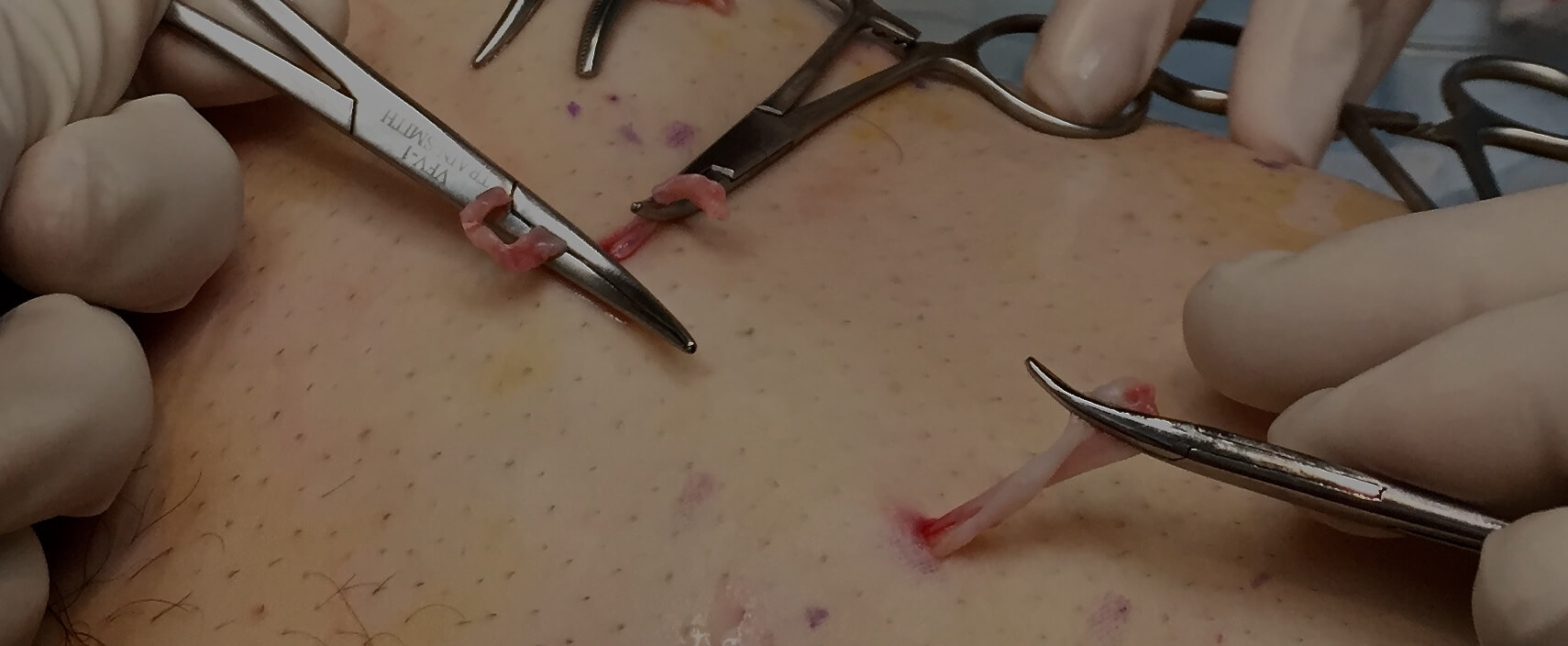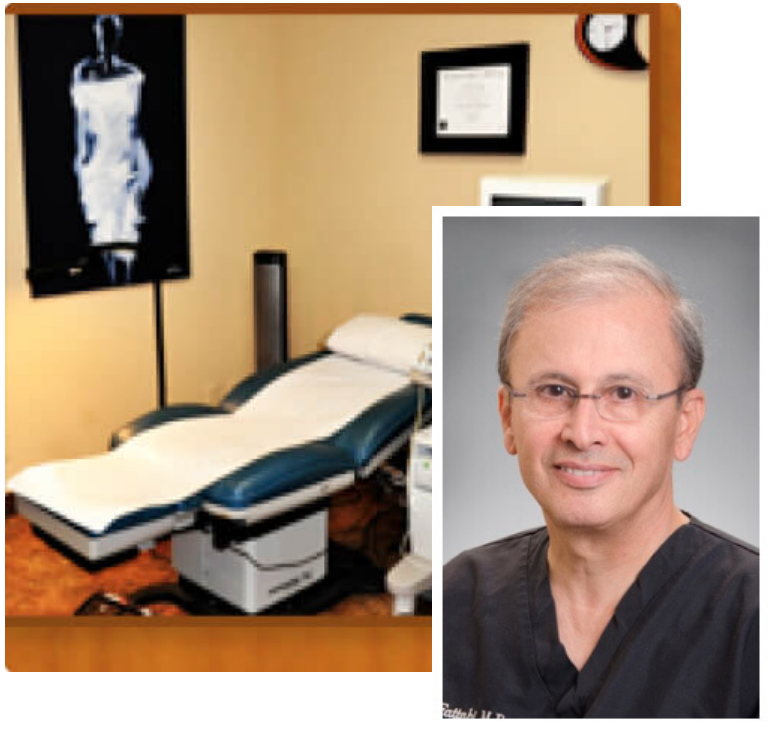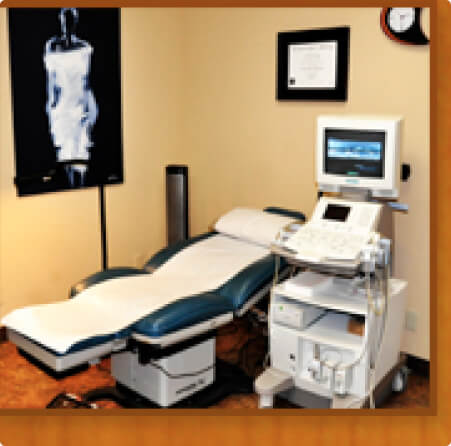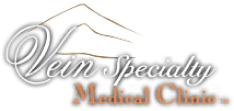Ambulatory Phlebectomy
Skin incisions as small as 1 mm or needle punctures using an 18-gauge needle or larger are used to extract veins with a phlebectomy hook. The procedure is well tolerated by patients under local anesthesia and typically produces good cosmetic results. Long-term results from the authors’ experience are excellent as long as the most proximal source of reflux is eliminated by endovenous ablation techniques. In contrast to sclerotherapy of large varicose veins, ambulatory phlebectomy minimizes the risks of intra-arterial injection, skin necrosis, and residual hyperpigmentation. The source vein is extracted by the procedure.
Traditional venous ligation is no longer considered an acceptable method because the vein is interrupted rather than removed, leading to relatively high recurrence rates. With ambulatory phlebectomy, the small size of the skin incision or puncture usually results in little or no scarring. Only performed under local anesthesia, ambulatory phlebectomy leads to greatly reduced surgical risks compared with traditional surgery for truncal (axial), reticular varicose veins and incompetent perforators.



Dr. Khalil Fattahi
Hear From Our Patients
Michelle R.
It is with great delight that I have the opportunity to share my experience, as a patient, in regards to our fabulous Dr. Fattahi. . .
Shirley O.
I have been a patient of Dr. Fattahi since December 2007 for different vein related problems. I have experienced the ELVeS procedure, foam sclerotherapy,. . .
Laura P.
I had unsightly veins that ultimately caused me to be too self-conscious to wear skirts or shorts. I first paid several hundred dollars to a laser dermatologist to remove the veins...

Vein Specialty Medical Clinic
Spider veins are small, irregular, purplish or bluish unsightly vessels. Slightly larger and greenish veins, always feed spider veins. Achieving good results depends on treatment of spider and feeder veins.
Varicose veins always result from abnormal flow of blood in opposite the normal direction. In such cases, there is an incompetence of the one way barriers (valves) between the deep and superficial leg vein systems, leading to abnormal flow of blood from the larger deep veins into the superficial smaller veins and creation of bulging varicose veins that often have a zigzag pattern and cause a variety of symptoms.
Vein Treatments
ELVeS / EVLT
Other Services
Testimonials
"Dr. Fattahi is a very gentle and caring physician who was kind enough to answer my questions via e-mail before my appointment."
